As Ghana approaches its tightly contested election, cocoa farmers—an estimated two million voters strong—are emerging as a pivotal constituency. The outcome could hinge on their support, with the sector facing deep challenges that have alienated many from the ruling New Patriotic Party (NPP).
Joseph Arkoh, a 56-year-old cocoa farmer, captures the sentiment of frustration gripping the sector. “Fertilizer and chemicals are big concerns for us farmers,” he says, surveying his land in a cocoa-growing region. His experience is emblematic of the broader struggles faced by farmers who see little relief despite Ghana’s economy recovering from a debt crisis and cost-of-living challenges.
Ghana is the world’s second-largest cocoa producer, but the sector is in turmoil. After a peak output of over one million metric tons in 2021, production has declined sharply, hitting its lowest levels in decades last season. Analysts attribute this to a combination of climate change and tree diseases, while farmers point to government inaction against illegal gold mining, which has devastated fertile cocoa-growing areas.
The crisis is further compounded by Ghana’s depreciating cedi, which has eroded farmer incomes despite higher government-set cocoa prices. Smuggling to neighboring countries, where prices are more competitive, has surged as farmers struggle to make ends meet.
Abubakar Jebril, a 34-year-old farmer, voices a plea echoed by many. “The government should be sympathetic. We are just begging that they raise the price,” he says, highlighting the sector’s dire state.
The election pits Mahamudu Bawumia, the NPP’s candidate and current vice president, against John Dramani Mahama of the opposition National Democratic Congress (NDC). Both candidates are actively courting cocoa farmers, whose support could be decisive in the closely watched race.
While Bawumia’s campaign touts higher cocoa prices and other measures to support farmers, discontent within the cocoa heartland suggests the ruling party faces an uphill battle. One farmer in an NPP stronghold, who previously supported the party, says he will switch to the NDC this election. “The NPP, they’re not for farmers. They’re for business,” he remarks.
Mahama has been outspoken in his criticism of the NPP’s handling of the sector. During a recent campaign stop in Takoradi, he promised to restore free fertilizer distributions, overhaul Cocobod—the state regulator responsible for the cocoa sector—reduce administrative costs, and tackle illegal mining and smuggling.
Cocobod has become a lightning rod for criticism. The regulator’s spending has ballooned even as production has declined. Between 2018 and 2023, administrative costs more than tripled, drawing accusations of mismanagement and corruption.
A 2023 government audit revealed troubling inefficiencies in a cocoa transport infrastructure program. Contracts worth 18.2 billion cedis ($1.2 billion)—more than six times the budget—were awarded, with only 13% going through competitive bidding. Meanwhile, Cocobod rolled back free fertilizer programs, further alienating farmers.
“They’re pushing all the money to themselves on cars and other things and reduced spending on the farmers,” Mahama said, tapping into widespread anger.
Bawumia has promised reforms under an International Monetary Fund-backed plan to reduce costs and increase farmers’ share of cocoa revenues. However, he has provided fewer specifics than Mahama, leaving industry observers skeptical about both candidates’ ability to reverse the sector’s decline.
For Arkoh and many other farmers, the election boils down to tangible actions, not promises. “If they give me fertilizer, I will vote for them,” Arkoh says, referring to the NPP. “If not, then I will change and vote for NDC.”
The election’s outcome may hinge on whether either candidate can convince Ghana’s struggling cocoa farmers that they have a viable plan to address their grievances. With the sector in crisis and livelihoods at stake, the cocoa heartland could be the deciding factor in one of Ghana’s most consequential elections.


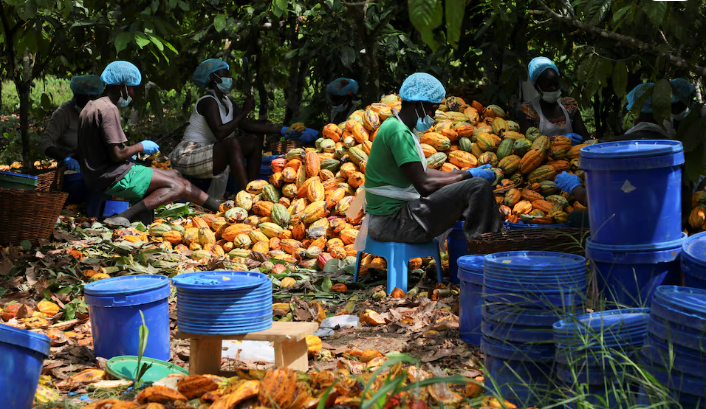


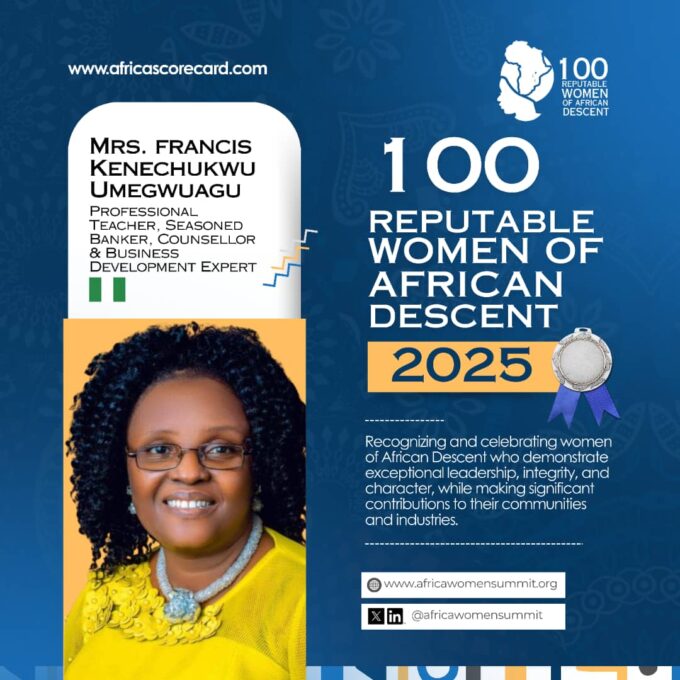
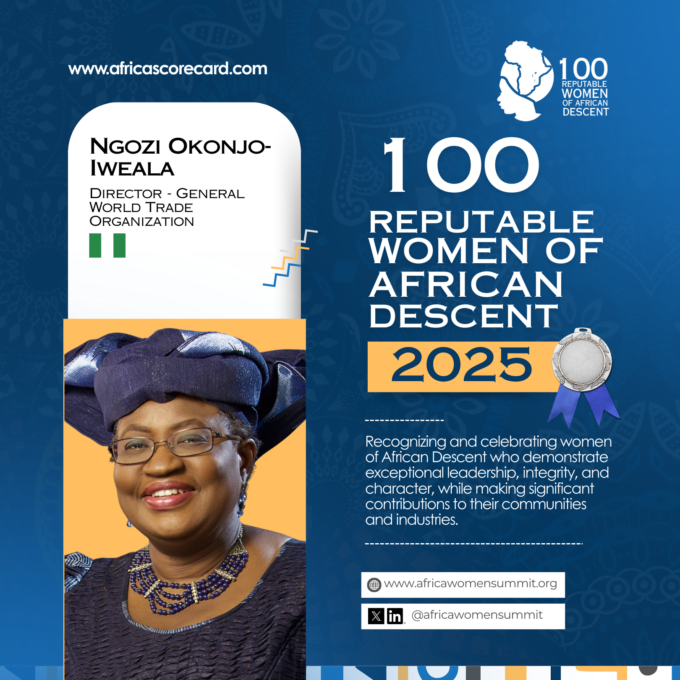
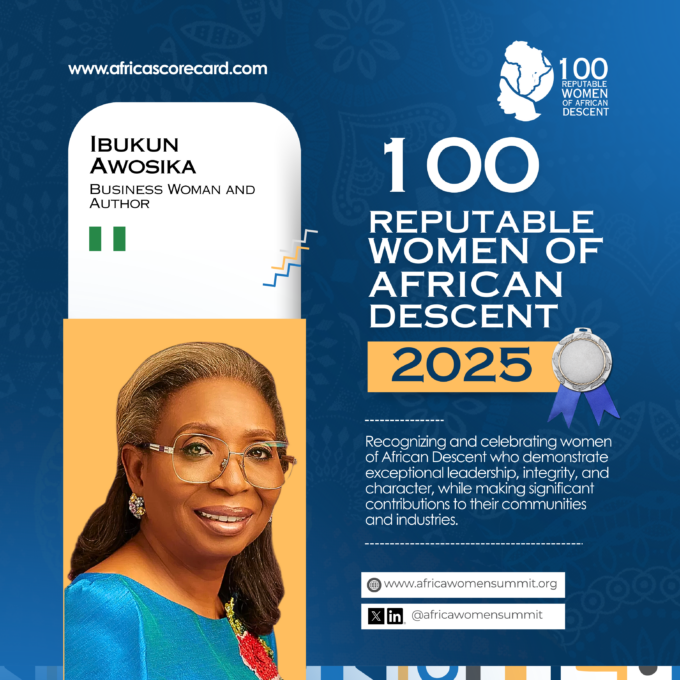
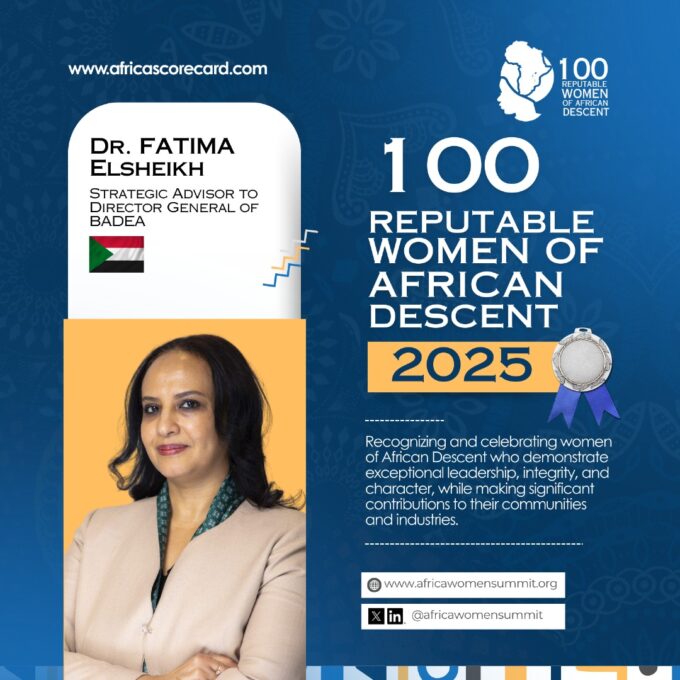

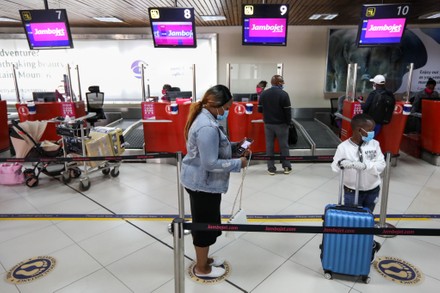



Leave a comment